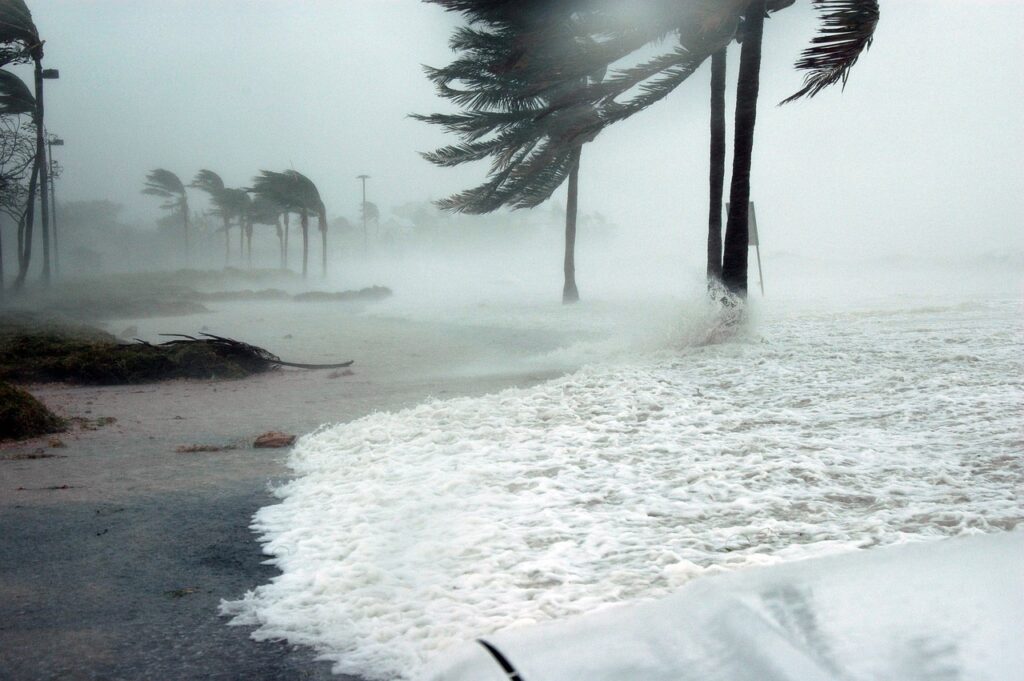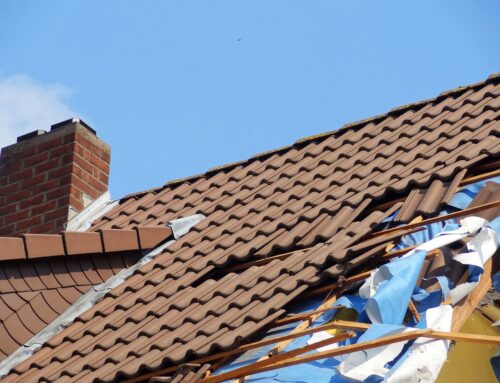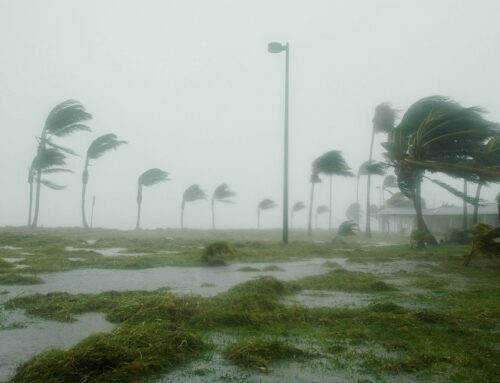Even if you are a Florida resident who has dodged the worst of storms in years past, hurricane season is not something you should take lightly. However, preparation doesn’t have to be a daunting task. Many structural house damage occurs when minor issues are overlooked and left to worsen when hurricanes come your way. Similarly, even the most basic safety plans can provide confidence to those waiting out a storm. With just a bit of planning and forethought, you can significantly improve the safety prospects and well-being of your family, home, and pets. Here are some basic hurricane preparedness tips.
Hurricane season began on June 1 – are you prepared?
- Create an Emergency Kit: Preparation for a hurricane begins with a well-stocked emergency kit. Stock up on your favorite non-perishable food items and ensure enough water to last each family member for up to 14 days. Sometimes, stores and gas stations increase the prices of necessities like water to absurd levels, making planning even more important.Remember essential medications for family members and include a comprehensive first aid kit that can last the whole length of any potential emergency. Flashlights, extra batteries, and a battery-powered radio assist if the power goes out, especially when there is no timetable for power restoration. Keep important documents, like copies of insurance policies and IDs, in a waterproof container and nearby at all times. With this preparation, you’ll have everything you need to weather the next Florida hurricane should you choose to shelter at home.
- Develop a Family Emergency Plan: Once fully prepared with essentials, a solid plan of action can make all the difference during a hurricane. Sit down with your family to discuss what to do in case of an evacuation or if you get separated. Choose a safe meeting point and establish a clear evacuation route. Everyone should be familiar with the plan, practicing it regularly alone or as part of a group. Knowing where to go and what to do can significantly reduce stress and confusion when a storm hits, even if this emergency plan is never actually needed.
- Secure Your Home: Guarding your home against hurricane damage requires a proactive approach to benefit fully from your insurance policy. Your first course of action should be inspecting your property for potential hazards that could become dangerous in high winds and trimming trees and shrubs to minimize the risk of debris. Secure outdoor items like patio furniture and decorations, which become projectiles in strong winds. It is also never a bad idea to install storm shutters or temporary window boards to guard against flying debris, even if you secure your own items. You never know when a neighbor’s lawn chair will come flying onto your property and bust out a window.
- Stay Informed: Keeping yourself informed during hurricane season gives you ample time to make last-minute preparations or practice your emergency plans. Regularly check weather forecasts and heed any advisories or warnings from local authorities. Remember that large storms may cause power outages, so keep a battery-powered radio handy to stay informed even before storms hit land.
- Plan for Pets: As a pet owner, your hurricane preparedness plans should include your pets as part of your family. Just like for any human family member, you must have enough pet food, water, and any necessary medications for them to last at least 14 days. Some pets may behave differently in high-stress situations, so make sure you have a way to contain or restrain them safely. Sturdy carriers or crates work great for providing a safe place for your pet that also securely keeps them from hurting anyone else during a stressful evacuation. If you need to evacuate, research pet-friendly shelters or accommodations in advance and bring any identifying information, like ID tags and vaccine information.
- Review Insurance Coverage: Your insurance coverage can only provide robust protection if it adequately covers your home before hurricane season hits. Review your homeowner’s insurance policy to confirm it covers potential hurricane damage. Check if your policy includes flood insurance; if not, consider adding it, as standard policies typically don’t cover flood damage. Whenever you improve your home, update your coverage to reflect these changes. This also means documenting exactly when you fix minor issues, like leaks, so future insurance claims have evidence backing them up.
This may seem like a lot of planning, but keeping your family and home safe is well worth the effort. If your insurance coverage is lacking or you need to update your policy to align with new home improvements, contact Anderson & Associates today.









